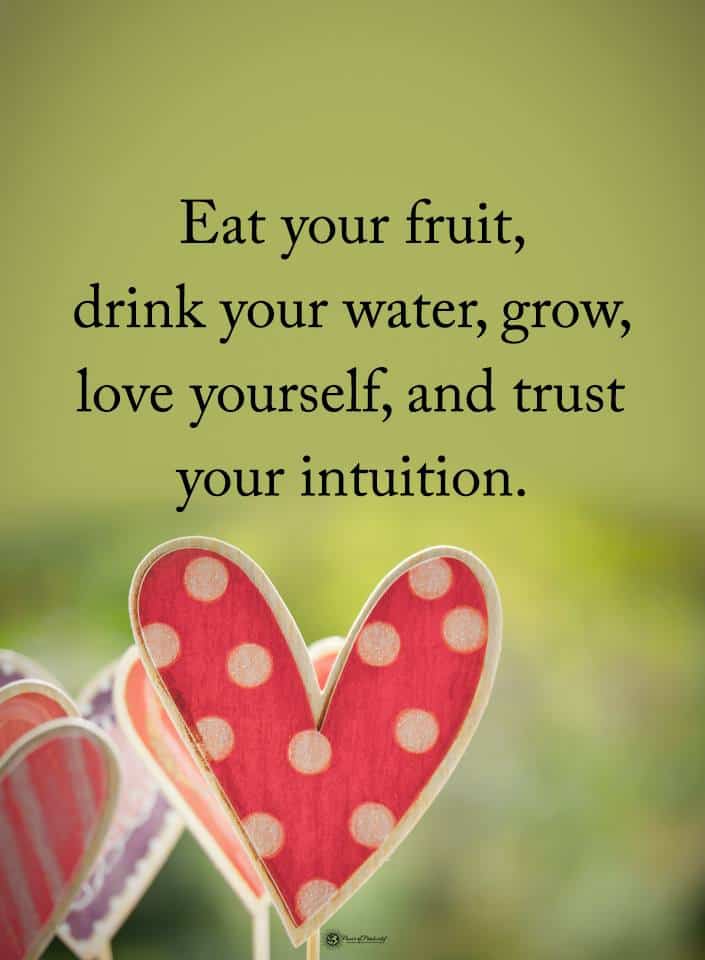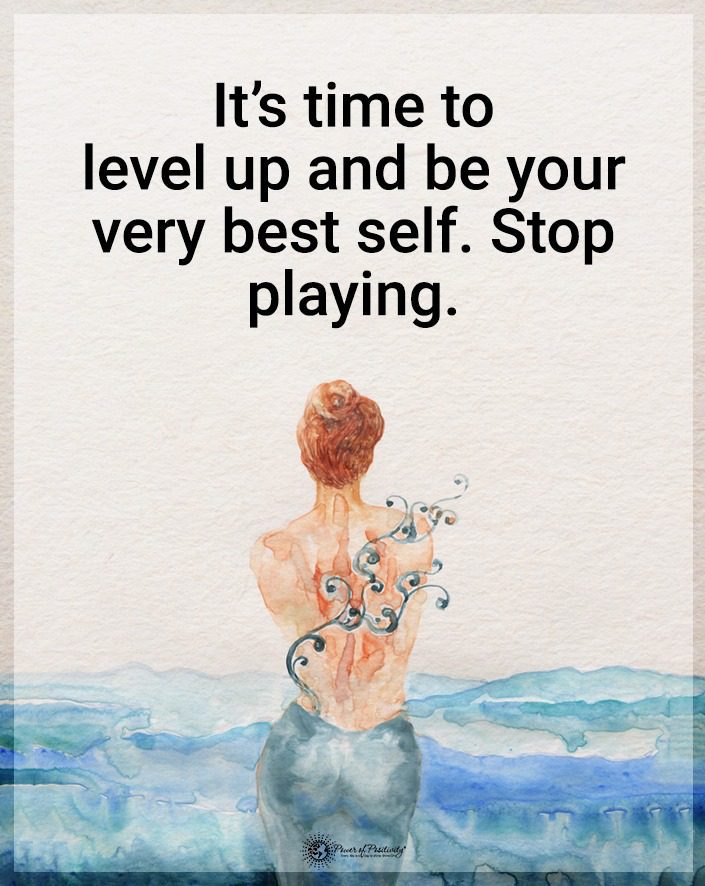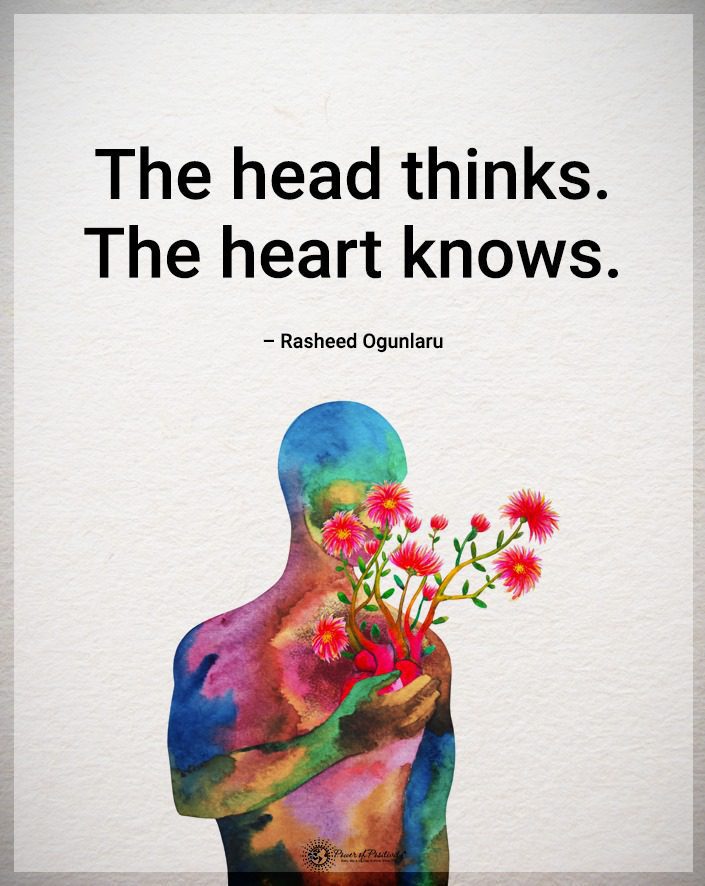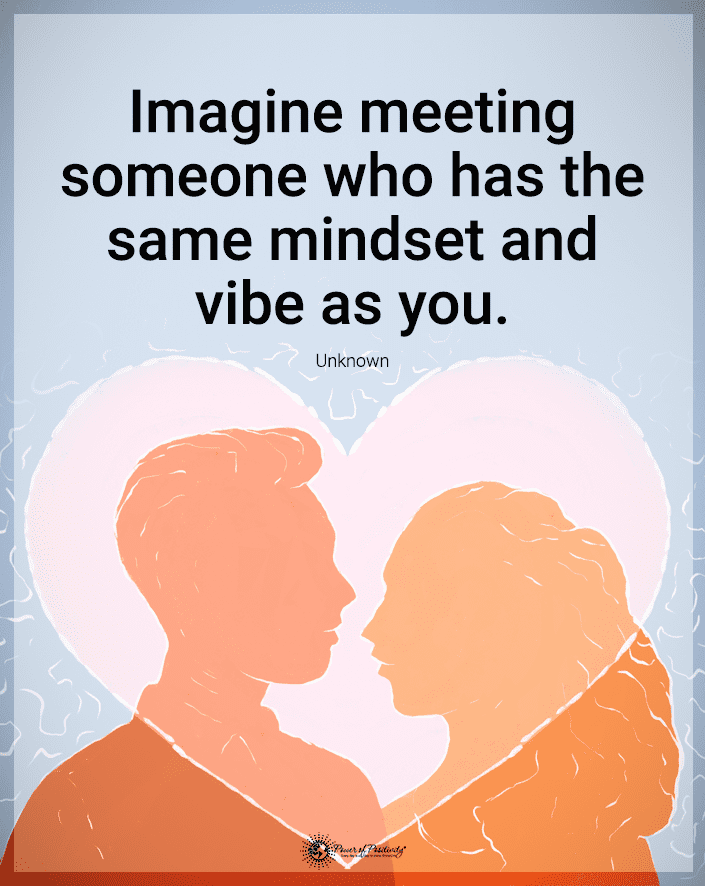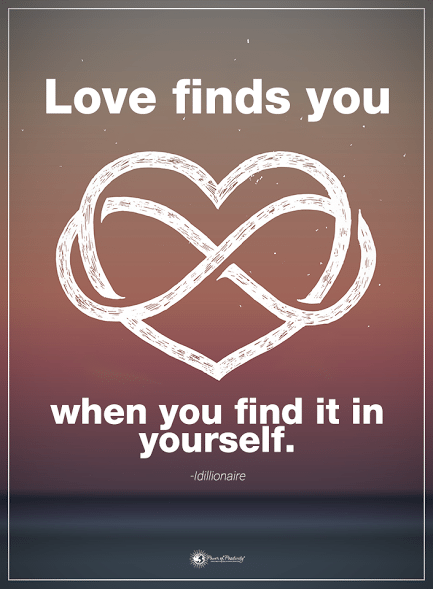There’s no such thing as overnight weight loss. If you lost a bunch of weight overnight, you probably lost water weight. That’s not necessarily a bad thing. Your body is made up of mostly water. It’s one of the heaviest parts of your body besides your bones. Water weight is the first thing you lose when you start a diet. It means you’re headed in the right direction. Here are five signs you’re losing weight, not water.
What diet helps you lose weight?
What you eat and how much you eat are essential to losing weight. Exercise is also a necessary factor for weight loss. It helps rid your body of excess water. Water weight is sometimes the build-up of water in your body. It may cause puffiness or bloat in your arms, legs, or stomach. The water weight in your body can fluctuate two to four pounds in one day. Years ago, low-fat diets were recommended to lose weight, but these diets aren’t as effective or healthy.
You can lose weight by reducing your calorie intake and exercising. It’s essential to choose a diet that offers healthy foods rather than one type of food. Fad diets like the rice grapefruit or rice diets or the cabbage diet may help you lose some weight, but you can’t stay on these for very long. Choose a diet that maximizes a healthy lifestyle. One of the best diets is the Mediterranean-style diet.
This diet includes healthy food choices, such as the following:
- Cereals and whole grains
- Vegetables and fruits
- Healthy fats such as seeds, olive oils, or nuts
- Small amounts of red meat
- Lean protein such as fish, chicken, or beans
- Limited amount of wine
Eating a Mediterranean diet lowers your chances of heart disease, cancer, and Type2 diabetes or stroke.
5 Signs your weight loss is not just water weight
Look for these encouraging signs.
1 – You feel cravings, but you can resist them
When you eat certain foods, a region of your brain experiences positive feelings of pleasure, making you want to eat more of these foods. Foods that are sweet, rich, or salty are called hyper palatable because you enjoy them. If you haven’t eaten in a while, a hormone called ghrelin gets released from your stomach to let you know you’re hungry. If you eat hyper palatable foods too often, it can interfere with the brain signal to release ghrelin, so you feel cravings for food all the time, even if you’ve just eaten.
Eating high sugar foods or high-fat foods in your diet messes up your brain signals so that you’re always hungry, especially for these pleasurable foods. As you lose weight and limit certain foods, your cravings may increase. It may take some time to change your desire for sugar or fat foods. Please don’t give in to these cravings, but resist them. Here are some practical ways to fight cravings.
- Drink lots of water: Did you know that sometimes when you think you’re hungry, you are just thirsty? If you feel an intense craving, drink a large glass of water. It may surprise you that the desire goes away because you were thirsty.
- Eat high protein: Eating protein reduces your hunger feelings and makes you feel fuller longer.
- Plan your meals: When you plan your meals, you will know what you’re going to eat, so you won’t give in to picking up something from a fast-food restaurant. Purchase all the ingredients you need for the meals, so it’s easy to prepare your meals.
- Keep junk foods away: Don’t buy the junk foods you crave, such as chips, candy, or deli meats. Having them out of the house helps you stay strong while dieting.
2 – You feel more energetic when the weight loss is not just water weight
As you eat healthier and stay active, you will start to feel more energetic. It’s often the first thing you notice when you diet. You may lose some water weight initially, but as you drop a few pounds, you’ll feel good. This motivates you to keep exercising and eating healthy. You may start doing things you’ve never tried before because of your extra energy. It’s thought that dropping pounds helps you see these changes:
- Breathe easier because you can expand your lung better
- Your body doesn’t have to work as hard to function
- Your joints are less stressed from carrying less weight
- There is less stress on your heart
Carrying around those extra pounds slows you down. As you lose not just water weight but fat, you’ll feel fit and productive and ready to take on the world in a new way.
3 – Your clothes fit looser
Losing weight has many health benefits, but it also improves your self-esteem. As you lose water weight and pounds, your clothing may feel more comfortable and looser. Suddenly you can button the top button of your high-waisted jeans. You may see that other clothing fits better or differently. As you continue to lose, you may drop a size so that you need to buy new clothing. Keeping your clothes fit looser will motivate you to stay on your diet. It’s the best motivation because you can see the results.
4 – You sleep better
Weight loss, especially losing belly fat, improves your sleep. Losing weight gives you overall better physical and mental health, so you sleep well at night. Getting enough sleep lowers your risk of experiencing these outcomes:
- High blood pressure
- Heart attack
- Irregular heartbeat
- Stroke
- Chronic disease
Obesity increases your chances of having sleep problems. Often, when you’re trying to lose weight, you increase your exercise. Exercise also improves your ability to sleep. So, if you’re dropping weight and exercising, you will not only feel better during the day, but you’ll also have a better sleep at night.
5 – You feel healthier
In general, when you lose weight, you feel healthier. This isn’t surprising because weight loss gives you more energy, better sleep, and your clothes fit better. You may crave certain foods, but the water weight and pounds continue to come off as you fight those cravings. Having fewer pounds to carry around makes you feel like a new person. Plus, eating healthier foods gives you increased nutrients that you may have missed before. Not eating junk food can make a huge difference in how you feel because they contain loads of salt and fat.
Once you lose weight, how do you keep it off?
After you’ve lost a lot of weight, your body may react as if it’s a threat. Hormones get released, increasing your hunger to the point of distraction. Remember, this is normal when you’re dieting. Over time, the intense desire will decrease as your body adjusts to your new body weight. Those hunger hormones will eventually settle down. In the meantime, there are some things you can do to keep off the weight you have already lost, so you don’t gain it back. Here are some suggestions of what to do when all you’re thinking about is eating.
Drink lots of water
Studies show that drinking water helps you lose water weight and fat. When you’re feeling extra hungry, drink a large glass of water. Carry a water bottle with you to stay hydrated. Add a lemon wedge to your glass of water if you get bored with the taste. Drink a big glass of water before meals to help you feel full so that you won’t eat as much.
Get the full benefit from your meals
Eating protein and fiber slows down your digestion, so you stay full longer. If you’re feeling starving, try to choose protein-rich snacks like nuts or low-fat cheese to stave off your hunger. Eating high-fiber veggies or fruits keeps your hunger at bay. High-fiber fruits and veggies include
- Avocadoes
- Strawberries
- Apples
- Raspberries
- Blueberries
- Celery
- Carrots
- Broccoli
- Chickpeas
- Beans
Add these foods to your menu so don’t give in to hunger pangs in between meals.
Stay active as you continue to drop both pounds and water weight
Another way to fight hunger is to stay busy and active. Join a gym and take classes to increase your strength and stamina. Take your dog for a walk during the day or join a friend to walk around the block every morning. Find what works best for you. Staying active not only helps you not give in to hunger cravings but also increases your loss of water weight and pounds.
Final thoughts on knowing you are losing weight and not water weight
If you lose weight overnight, it’s most likely water weight. This is normal when you’re on a diet, and it’s not bad since it means your body is adjusting to the changes. You may experience hormonal changes that increase your cravings. These will diminish over time. The amazing benefits of weight loss outweigh the difficulties because you’ll have increased energy, feel better and sleep well at night. Be sure to choose a healthy diet because a fad diet rarely works long term. As the water weight and pounds drop off, you’ll be ready to take on the world in an entirely new way.

